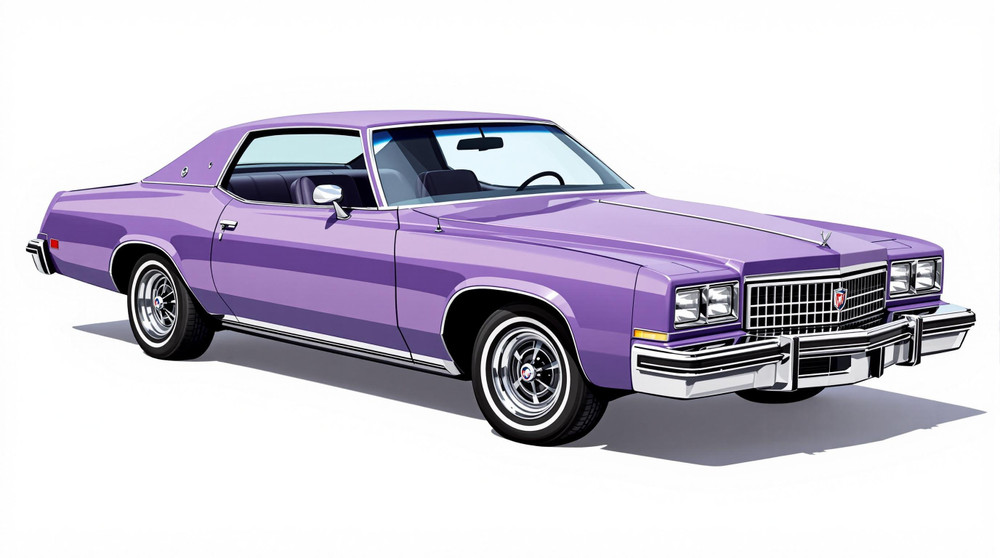Image of 1975 Buick Apollo, Note: These illustrations use artistic license and may differ from actual historical models.
Performance Metrics
Fundamental Metrics
Emotional Appeal
MMP Rating
| Engine Specifications | |
|---|---|
| Engine: | 250 cu in (4.1 L) I6, 350 cu in (5.7 L) V8 |
| Displacement: | 4.1 - 5.7 L |
| Horsepower: | 110 - 155 hp |
| Torque: | 185 - 260 lb-ft |
| Compression Ratio: | 8.0:1 - 8.5:1 |
| Ignition System: | Conventional Breaker Point Ignition System |
| Cooling System: | Liquid-cooled |
| Performance Specifications | |
| 0-60 Time: | Estimated 10 - 12 seconds |
| 1/4 Mile Time: | Estimated 17 - 19 seconds |
| Top Speed: | 105 - 115 mph |
| Transmission and Drive | |
| Drive Type: | Rear-wheel drive |
| Transmission Type: | 3-speed automatic, 3-speed manual |
| Fuel and Efficiency | |
| Fuel System Type: | Carburetor |
| MPG: | Estimated 12 - 15 mpg |
| Dimensions and Brakes | |
| Brakes: | Front disc, rear drum |
| Wheelbase: | 111.0 in |
| Weight: | 3,400 - 3,600 lbs |
Note: Specifications for classic cars are given to the best of our ability, considering the limited and variant data available.
1975 Buick Apollo: A Forgotten Gem of the Malaise Era
The 1975 Buick Apollo doesn't just transport you back to the era of bell-bottoms and disco; it embodies a transitional period in American automotive history. As a product of General Motors, the Apollo emerged during a time when manufacturers grappled with new emissions regulations and changing consumer preferences. This compact car, named after the Greek god of music and the arts, offered a blend of modest luxury and practicality that aimed to keep the spirit of American motoring alive amidst a backdrop of fuel crises and environmental concerns. One intriguing fact about the Apollo is that despite its shared name with NASA's lunar missions, it remained largely earthbound in public consciousness, overshadowed by its more famous siblings like the Skylark and Riviera.
Design and Innovation
The exterior styling of the 1975 Buick Apollo was both a nod to tradition and an embrace of contemporary design trends. It featured a long hood and short deck profile, with subtle lines that suggested motion even at a standstill. The car's chrome-accented grille and quad headlamps were distinctive Buick hallmarks, while the available vinyl roof added a touch of class often sought by buyers of the time. Inside, occupants were greeted with an interior that prioritized comfort over opulence. The quality of materials was respectable for its class, with options for plush seating fabrics or vinyl that could withstand years of use. Technologically, the Apollo was equipped with features standard for the mid-70s, such as AM/FM radio and air conditioning. Color options for the Apollo ranged from conservative hues like "Antique Gold" to more vibrant shades like "Sky Blue." Among these, "Regal Black" and "Buckskin" were particularly popular choices. Body styles included a two-door coupe, four-door sedan, and a hatchback – with the coupe being the most iconic representation of this model's design ethos.
Historical Significance
The 1975 Buick Apollo played a subtle yet important role in GM's lineup. It was part of a broader strategy to offer downsized vehicles without sacrificing the brand's reputation for comfort. This approach would later become critical as automakers worldwide shifted towards smaller, more efficient cars. The Apollo also stood out for its use of GM's X-body platform, which would underpin various successful models in subsequent years.
Performance and Handling
Performance-wise, the '75 Apollo wasn't going to set any land speed records. With engine options ranging from an inline-six to a V8, its top speed and acceleration were modest by today's standards. However, for its time, it delivered adequate power with 0-60 mph times that could hover around 10 seconds depending on the engine choice. Handling was typical for mid-70s American sedans – soft and tuned more for comfort than cornering prowess. Nevertheless, drivers enjoyed a smooth ride that absorbed bumps effectively while cruising on highways or urban roads. Driving an Apollo meant engaging with an era-specific experience: from the throaty rumble of its V8 option to the distinct heavy steering feel that required a firm hand at low speeds.
Ownership Experience
The Buick Apollo served various roles from being a reliable daily driver to taking on show car status among classic car enthusiasts. Its maintenance profile was generally straightforward due to shared components with other GM vehicles, making parts relatively easy to find. Reliability was on par with other domestic offerings at the time; however, as with any vehicle from this era, rust could be an issue if not properly managed.
Fun Facts
An interesting tidbit about the Apollo is that despite its relative obscurity today, it shared some components with the famed Chevrolet Nova – giving it an unexpected performance potential in disguise. While not known for breaking any particular records or widespread celebrity ownerships, it did represent an accessible entry point into Buick ownership during its production years. Common criticisms at the time focused on its somewhat derivative styling and lackluster fuel economy – criticisms that were not uncommon among American cars during this period.
Collector's Information
Today's value range for a 1975 Buick Apollo can vary significantly based on condition, mileage, and originality. While exact production numbers are hard to come by, it is estimated that tens of thousands were produced across all body styles. As for appreciation potential, well-preserved examples have seen modest increases in value as interest in malaise-era vehicles grows among collectors seeking affordable entry points into classic car ownership. A rough estimate places decent drivers between $5,000 - $10,000 while pristine models can fetch upwards of $20,000 or more.
Conclusion
The 1975 Buick Apollo stands as an emblematic figure from an era often overlooked by classic car enthusiasts. While it may not have been hailed as groundbreaking in its day, it offers today's collectors a unique slice of automotive history – one that represents resilience and adaptability during times of change. Whether you're drawn to its understated style or intrigued by its potential as a sleeper classic, the Apollo remains worthy of admiration.
1975 Buick Apollo Catalog of Parts
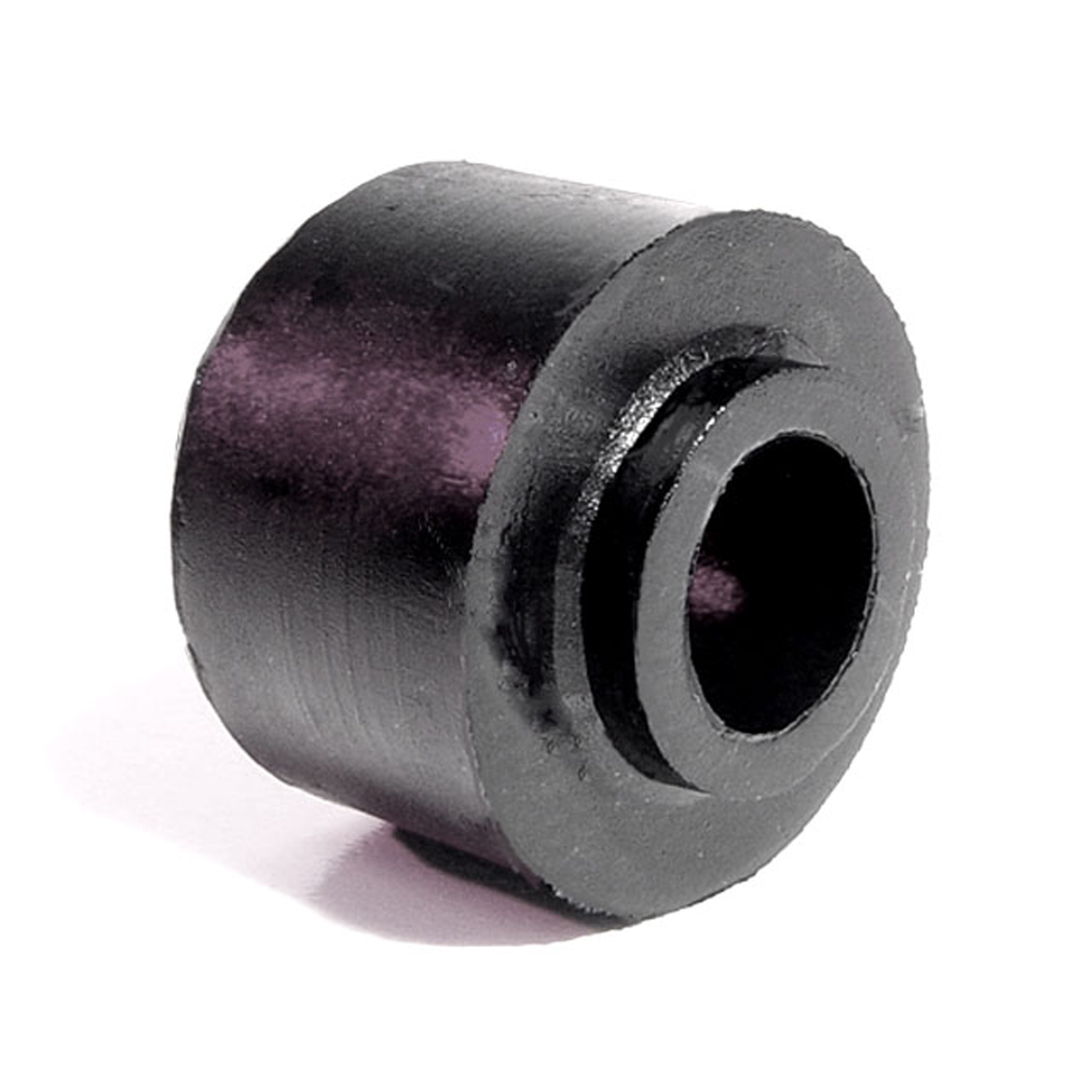 1975 Buick Apollo Shock Absorber Grommet. 1" bottom O.D., 3/4" high-BN 1Shock Absorber Grommet. 1" bottom O.D., 3/4" high., with 7/16" I.D. Each
1975 Buick Apollo Shock Absorber Grommet. 1" bottom O.D., 3/4" high-BN 1Shock Absorber Grommet. 1" bottom O.D., 3/4" high., with 7/16" I.D. Each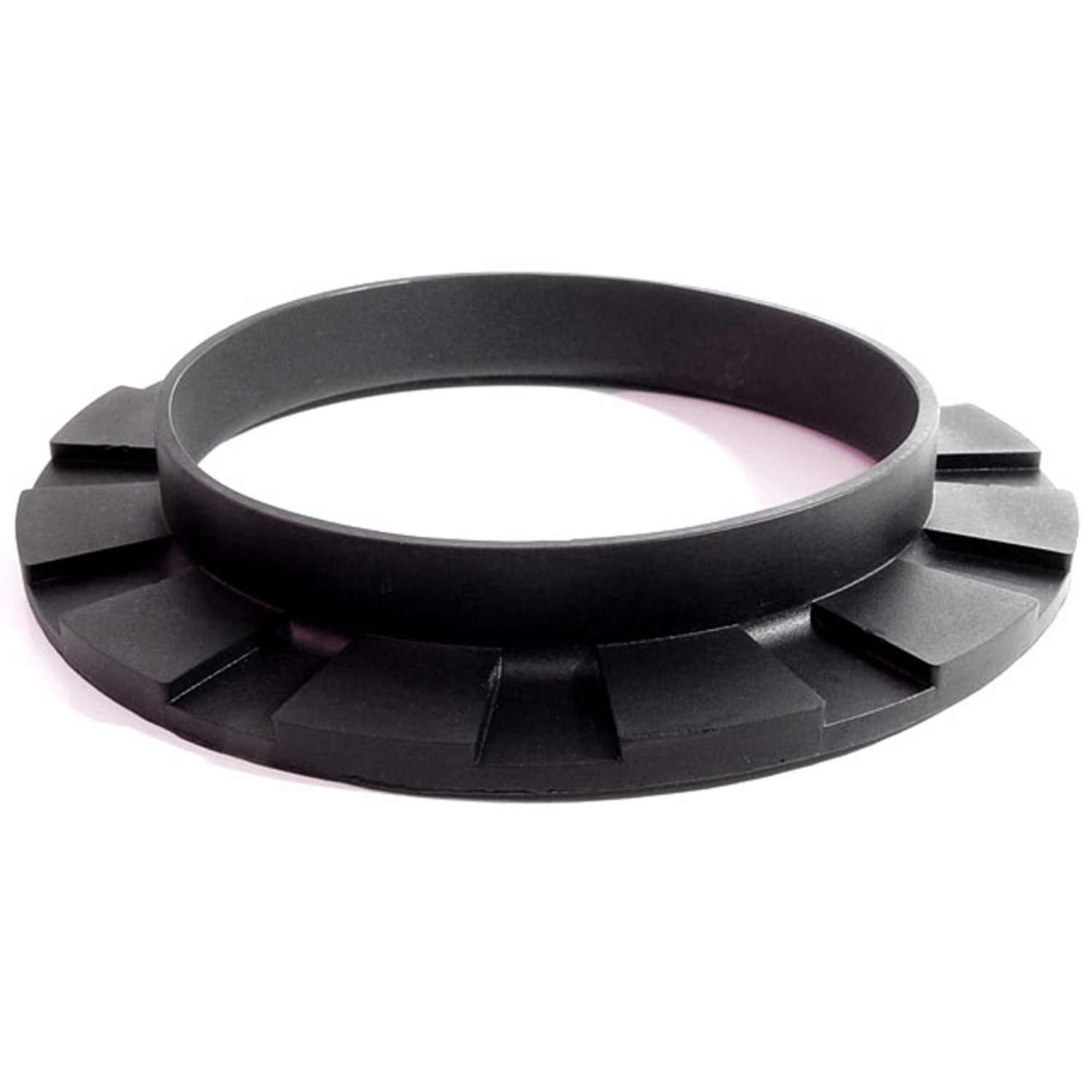 1975 Buick Apollo Front coil-spring insulator-BN 110Front coil-spring insulator. Fits '41-'60 Oldsmobile and '50-'83 GM passenger models. 5-3/8 in. OD x 3-3/4 in. ID x 3/4 in. high with 13/16 in. wide bottom flange 1/4" thick, 12 flutes. Each.
1975 Buick Apollo Front coil-spring insulator-BN 110Front coil-spring insulator. Fits '41-'60 Oldsmobile and '50-'83 GM passenger models. 5-3/8 in. OD x 3-3/4 in. ID x 3/4 in. high with 13/16 in. wide bottom flange 1/4" thick, 12 flutes. Each.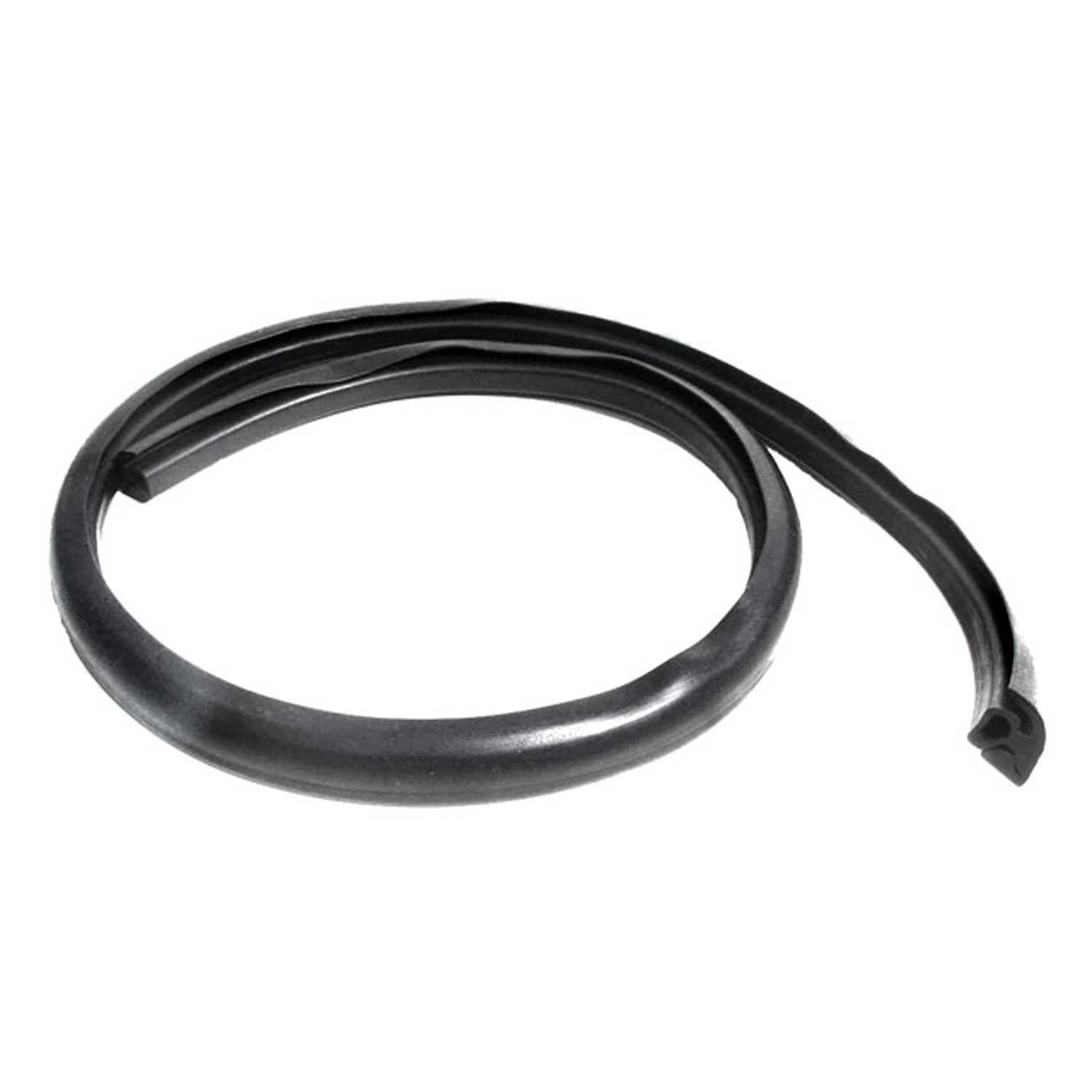 1975 Buick Apollo Hood to Cowl Seal, '68-'79 GM X Body, Each-CS 2-FHood to Cowl Seal, '68-'79 GM X Body, 43-1/4" Long, Each.
1975 Buick Apollo Hood to Cowl Seal, '68-'79 GM X Body, Each-CS 2-FHood to Cowl Seal, '68-'79 GM X Body, 43-1/4" Long, Each.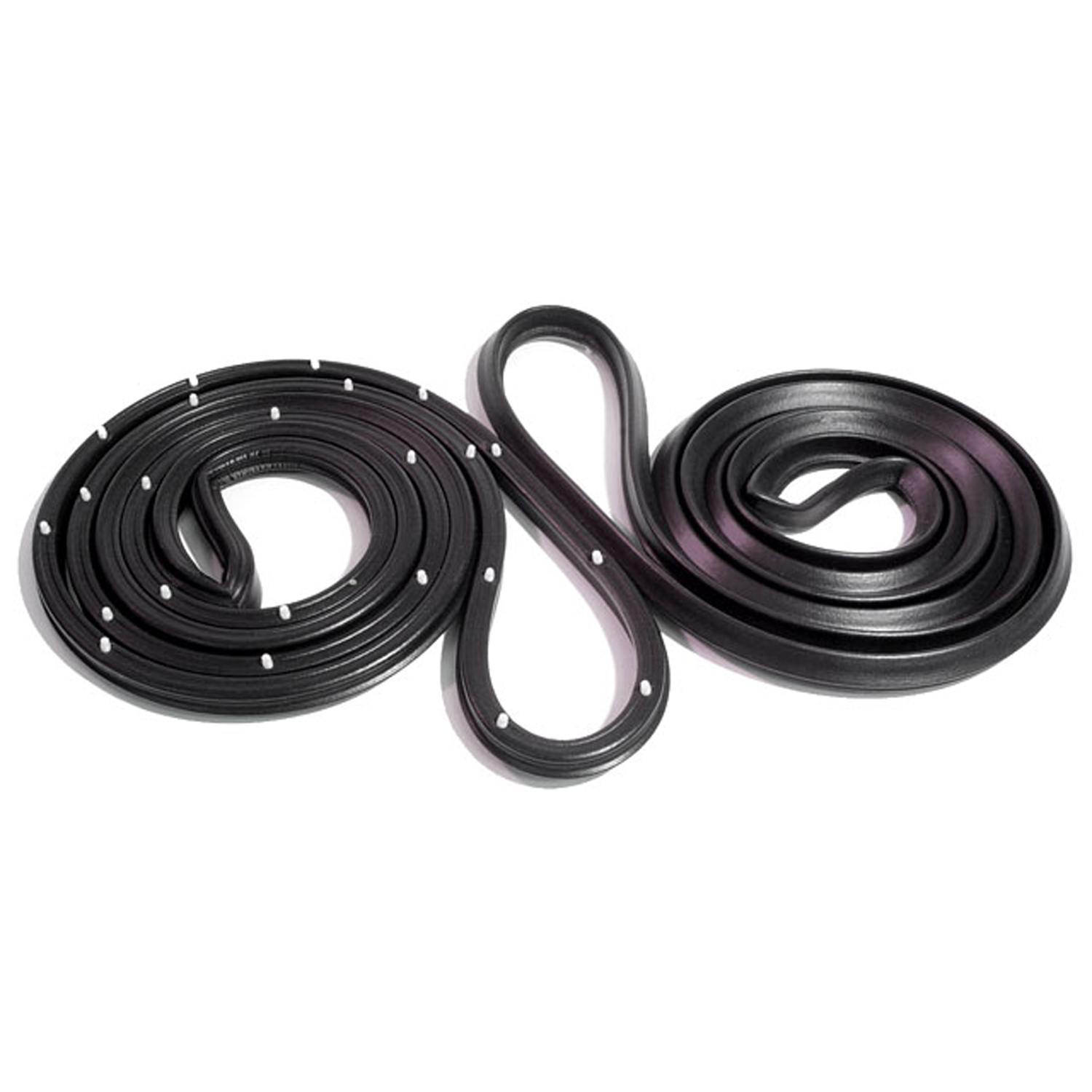 1975 Buick Apollo Front Molded Door Seals with Clips. For 4-Door Sedan-LM 20-PFront Molded Door Seals with Clips. For 4-Door Sedan. Pair R&L
1975 Buick Apollo Front Molded Door Seals with Clips. For 4-Door Sedan-LM 20-PFront Molded Door Seals with Clips. For 4-Door Sedan. Pair R&L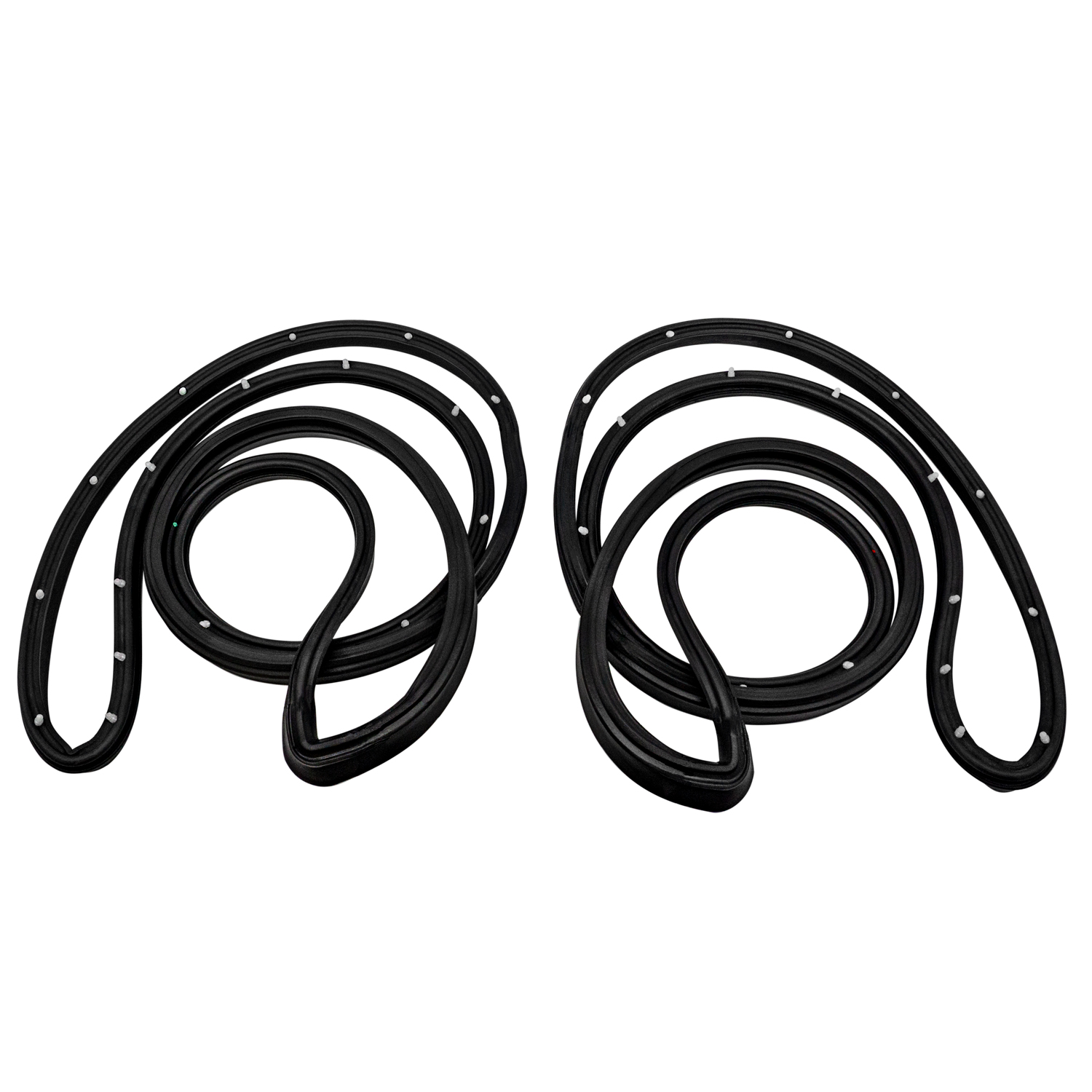 1975 Buick Apollo Rear Molded Door Seals, with Clips. For 4-door sedan-LM 20-P/RRear Molded Door Seals, with Clips. For 4-door sedan. Pair R&L
1975 Buick Apollo Rear Molded Door Seals, with Clips. For 4-door sedan-LM 20-P/RRear Molded Door Seals, with Clips. For 4-door sedan. Pair R&L 1975 Buick Apollo Trunk Liner. Loose weave, jet black. 50" wide-M 30Trunk Liner. Loose weave, jet black. 50" wide. Sold by the foot
1975 Buick Apollo Trunk Liner. Loose weave, jet black. 50" wide-M 30Trunk Liner. Loose weave, jet black. 50" wide. Sold by the foot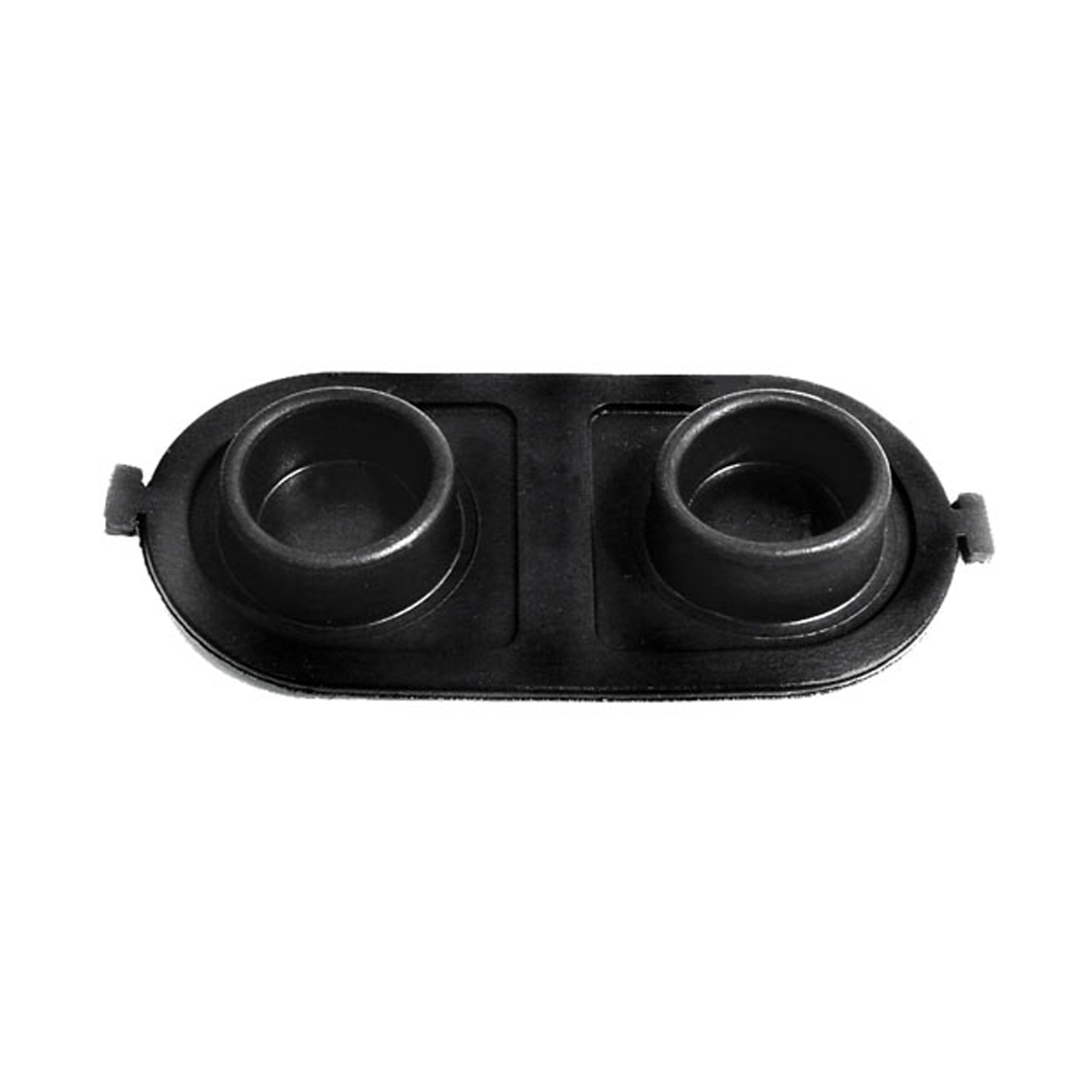 1975 Buick Apollo Brake Master Cylinder Cover Seal. Replaces OEM #5470861-RP 2-EBrake Master Cylinder Cover Seal. Replaces OEM #5470861. 5" X 2-1/2". Each
1975 Buick Apollo Brake Master Cylinder Cover Seal. Replaces OEM #5470861-RP 2-EBrake Master Cylinder Cover Seal. Replaces OEM #5470861. 5" X 2-1/2". Each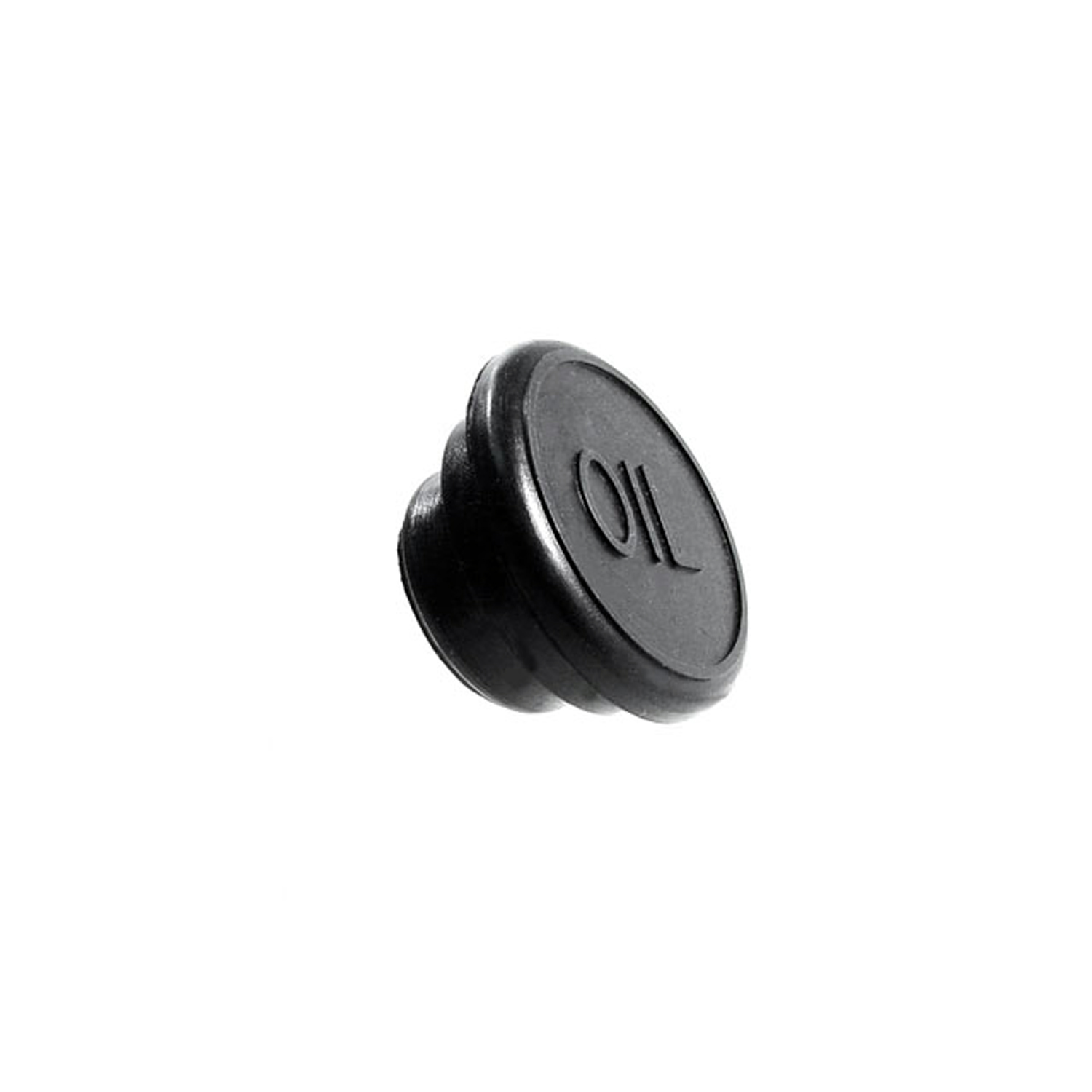 1975 Buick Apollo Oil Filler Hole Cap. Made of rubber-RP 8Oil Filler Hole Cap. Made of rubber. Fits a 1-3/16" to 1-1/4" hole. Each
1975 Buick Apollo Oil Filler Hole Cap. Made of rubber-RP 8Oil Filler Hole Cap. Made of rubber. Fits a 1-3/16" to 1-1/4" hole. Each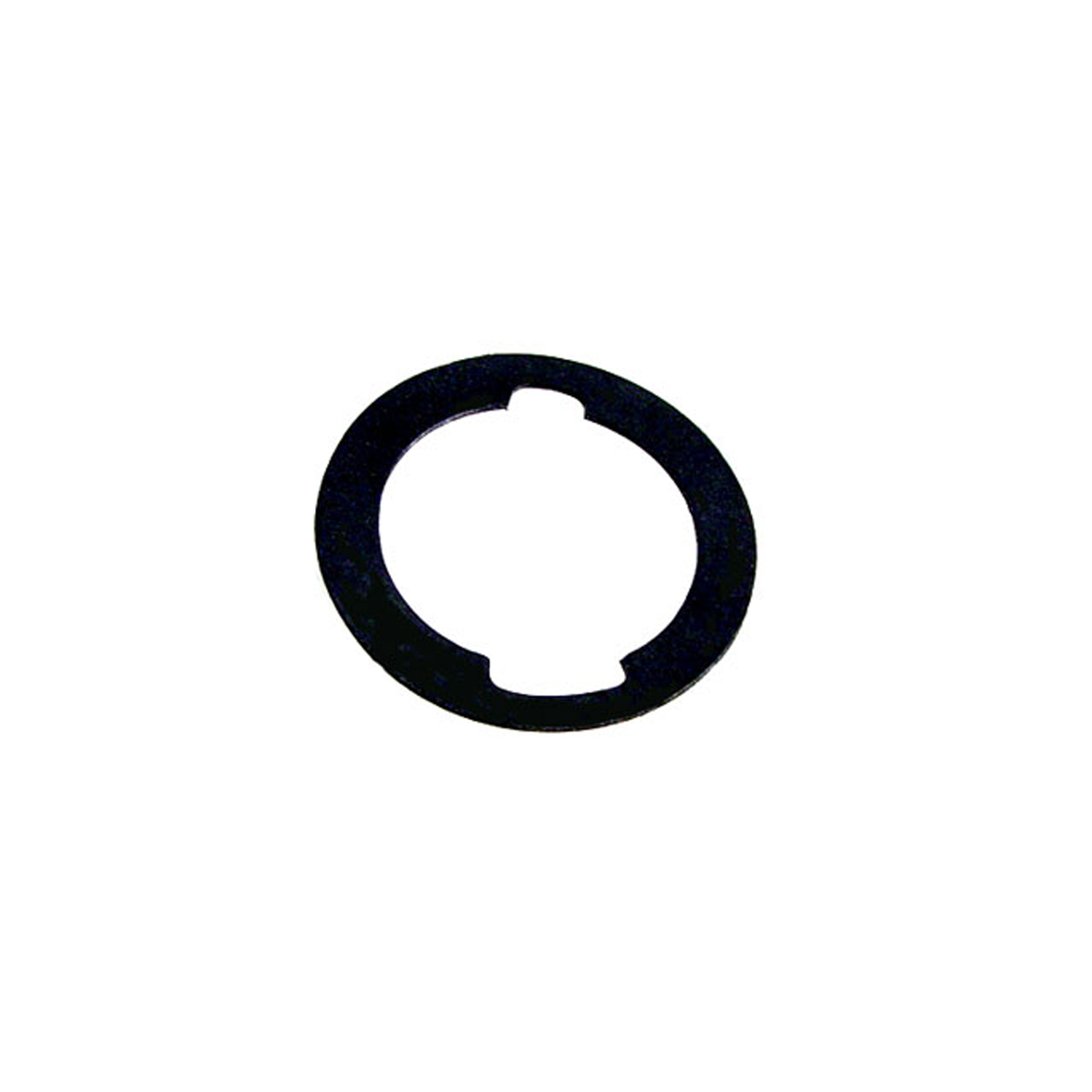 1975 Buick Apollo Unbeaded Door and Trunk Lock Gasket. 1-3/16" O.D., 7/8" I.D-UM 1600-100Unbeaded Door and Trunk Lock Gasket. 1-3/16" O.D., 7/8" I.D. Each
1975 Buick Apollo Unbeaded Door and Trunk Lock Gasket. 1-3/16" O.D., 7/8" I.D-UM 1600-100Unbeaded Door and Trunk Lock Gasket. 1-3/16" O.D., 7/8" I.D. Each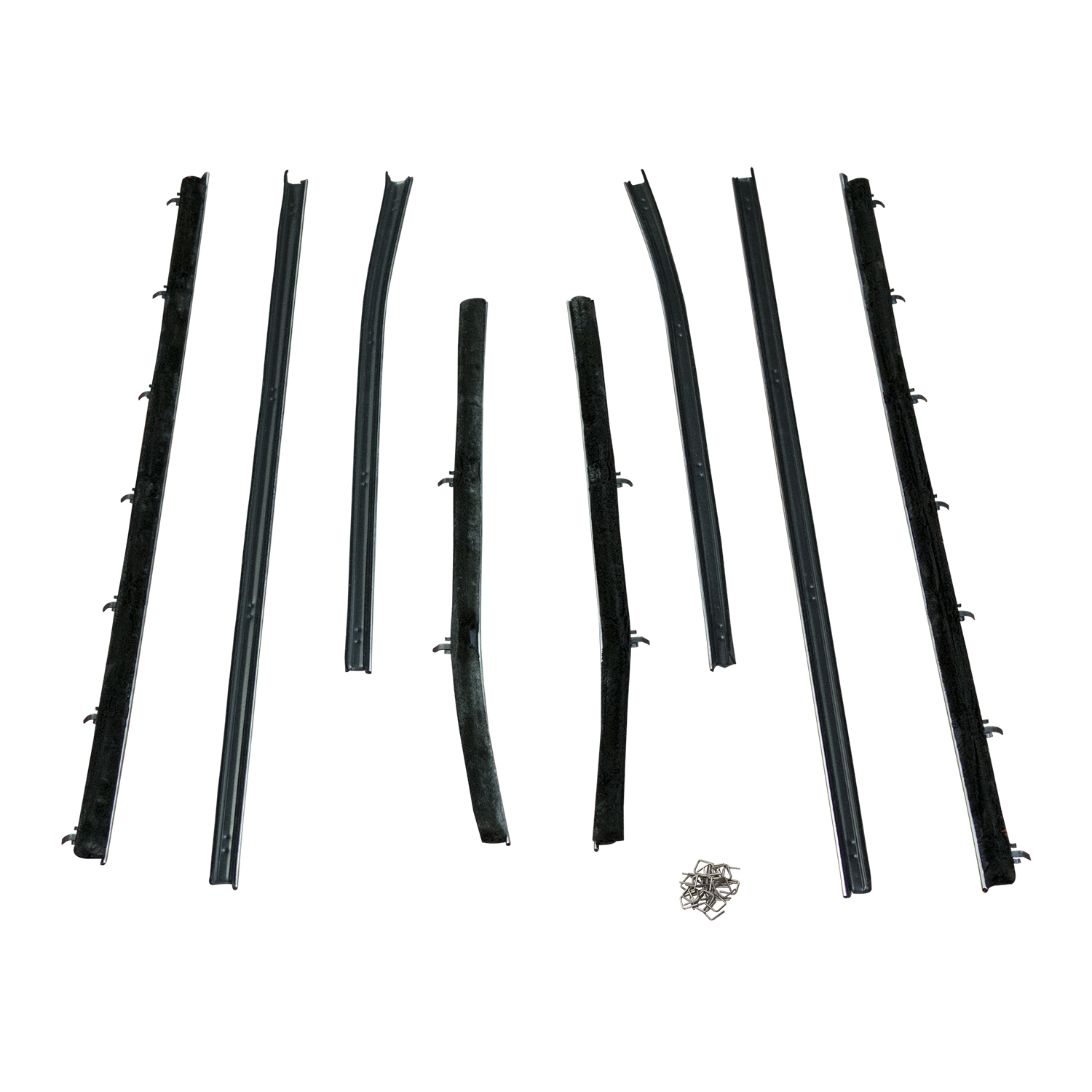 1975 Buick Apollo Window Sweepers, '68-'69 Chevy II, '70-'72 Nova, '73-'75 Apollo 2 Door Sedans-WC 3003-18Window Sweeper Set for'68-'69 Chevy II, '70-'72 Nova, '73-'75 Apollo, 2 Door Sedans. 8-piece set includes: two front inner, two front outer, two rear inner, and two rear outer chrome beaded fuzzy sweepers. R&L.
1975 Buick Apollo Window Sweepers, '68-'69 Chevy II, '70-'72 Nova, '73-'75 Apollo 2 Door Sedans-WC 3003-18Window Sweeper Set for'68-'69 Chevy II, '70-'72 Nova, '73-'75 Apollo, 2 Door Sedans. 8-piece set includes: two front inner, two front outer, two rear inner, and two rear outer chrome beaded fuzzy sweepers. R&L. 1975 Buick Apollo Quarter Window Reveal Molding Clip. Made of Steel-WF 205Quarter Window Reveal Molding Clip. Made of Steel. 1-3/8" X 11/16". Each
1975 Buick Apollo Quarter Window Reveal Molding Clip. Made of Steel-WF 205Quarter Window Reveal Molding Clip. Made of Steel. 1-3/8" X 11/16". Each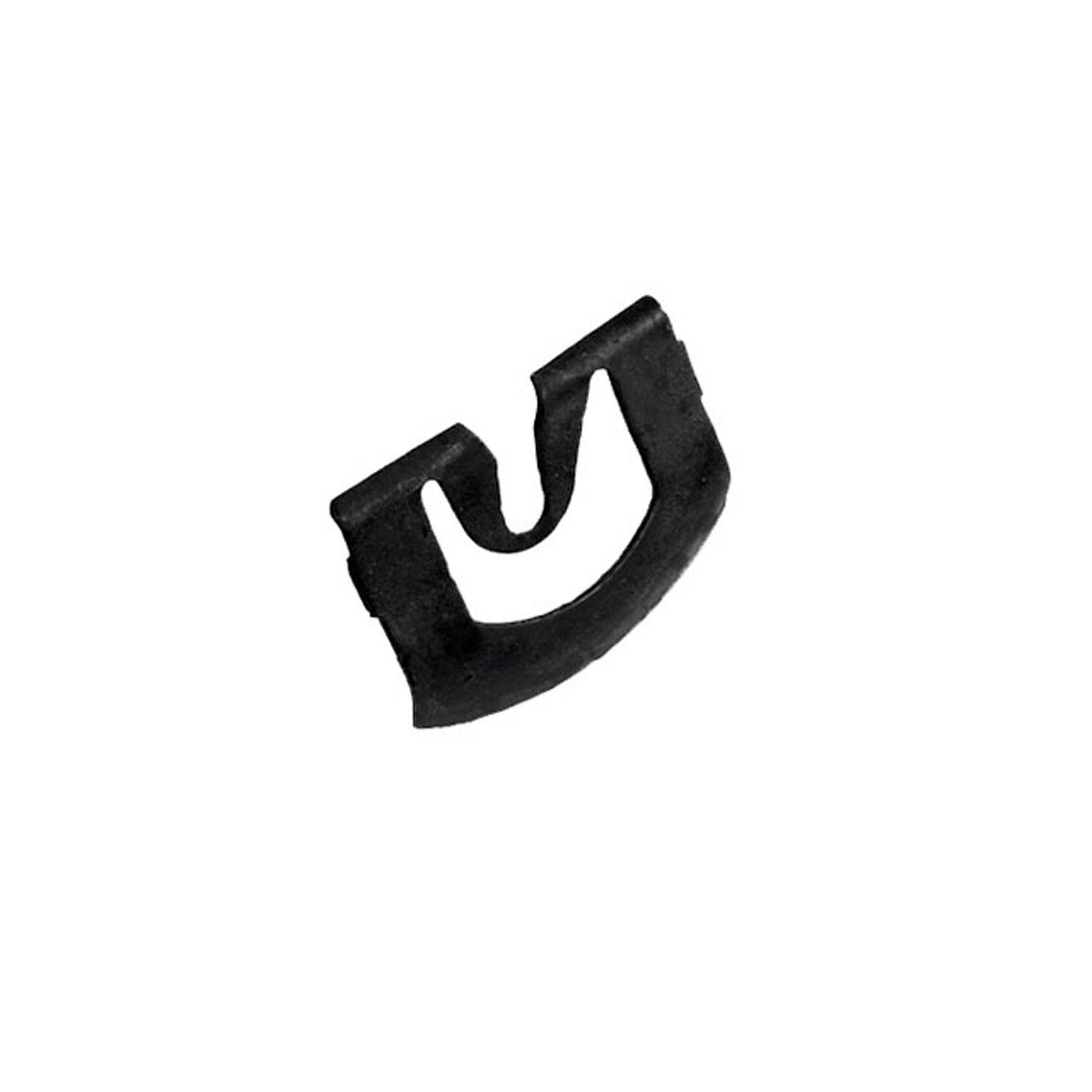 1975 Buick Apollo Windshield Reveal Molding Clip. Made of steel. 13/16" x 1"-WF 209Windshield Reveal Molding Clip. Made of steel. 13/16" x 1". Each
1975 Buick Apollo Windshield Reveal Molding Clip. Made of steel. 13/16" x 1"-WF 209Windshield Reveal Molding Clip. Made of steel. 13/16" x 1". Each 1975 Buick Apollo Windshield Reveal Molding Clip. For models with vinyl top-WF 210Windshield Reveal Molding Clip. For models with vinyl top. 3/4" x 1-1/16". Each
1975 Buick Apollo Windshield Reveal Molding Clip. For models with vinyl top-WF 210Windshield Reveal Molding Clip. For models with vinyl top. 3/4" x 1-1/16". Each 1975 Buick Apollo Rear Windshield Reveal Molding Clip. Made of steel-WF 211Rear Windshield Reveal Molding Clip. Made of steel. 15/16" X 3/4". Each
1975 Buick Apollo Rear Windshield Reveal Molding Clip. Made of steel-WF 211Rear Windshield Reveal Molding Clip. Made of steel. 15/16" X 3/4". Each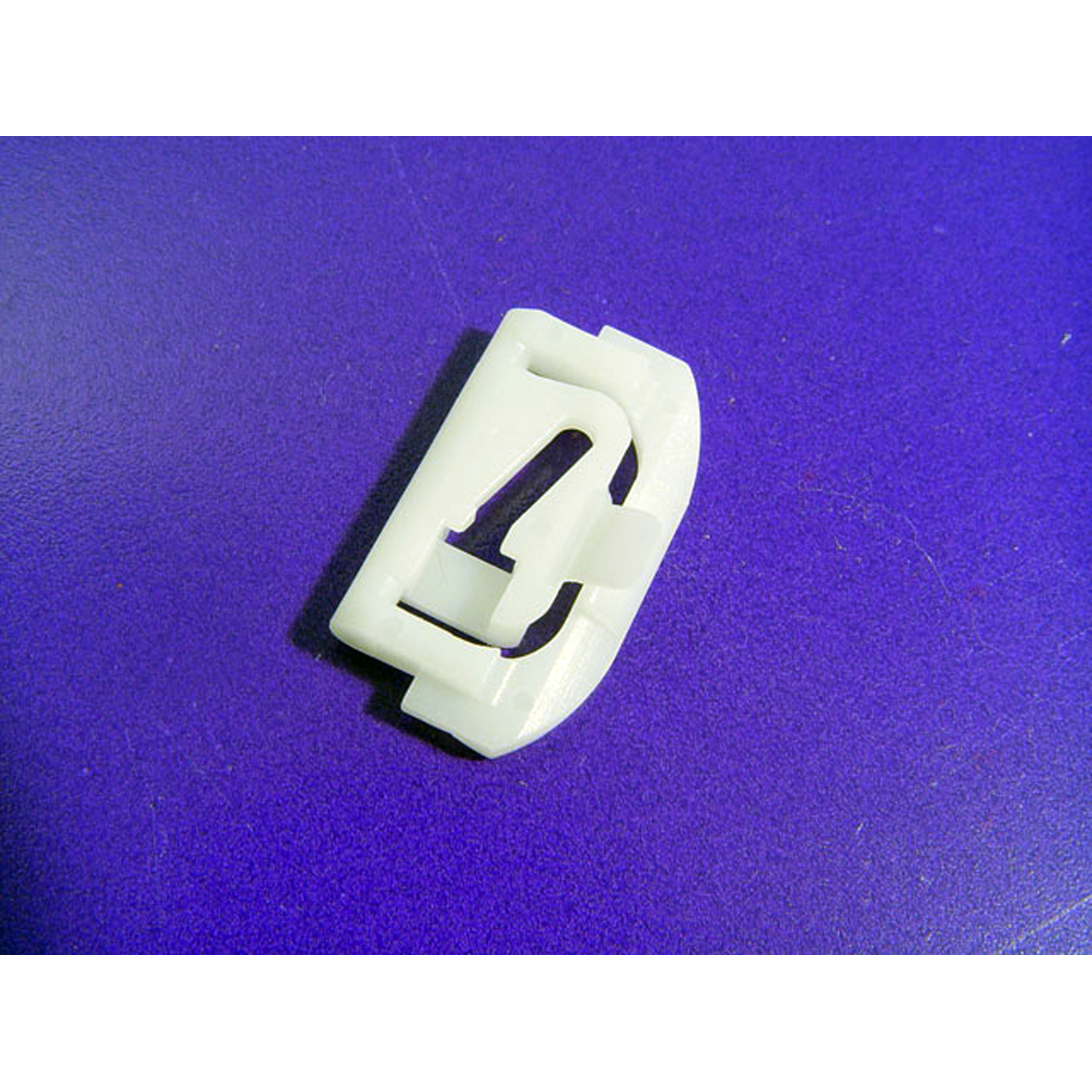 1975 Buick Apollo Lower Side Window Reveal Molding Clip. Made of nylon-WF 214Lower Side Window Reveal Molding Clip. Made of nylon. 1-1/4" x 3/4". Each
1975 Buick Apollo Lower Side Window Reveal Molding Clip. Made of nylon-WF 214Lower Side Window Reveal Molding Clip. Made of nylon. 1-1/4" x 3/4". Each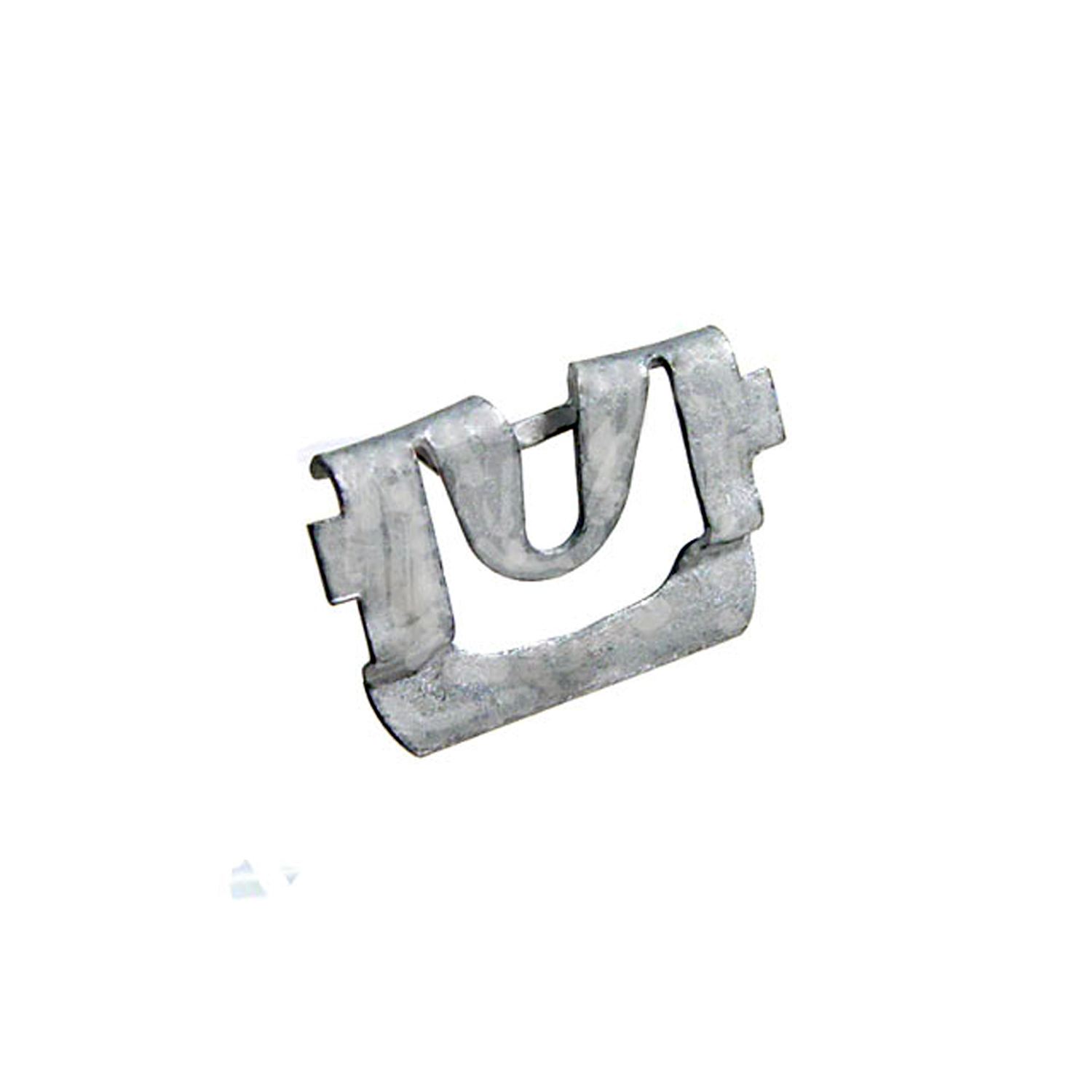 1975 Buick Apollo Windshield Reveal Molding Clip. Made of steel-WF 223Windshield Reveal Molding Clip. Made of steel. 1/1/8" X 3/4". Each
1975 Buick Apollo Windshield Reveal Molding Clip. Made of steel-WF 223Windshield Reveal Molding Clip. Made of steel. 1/1/8" X 3/4". Each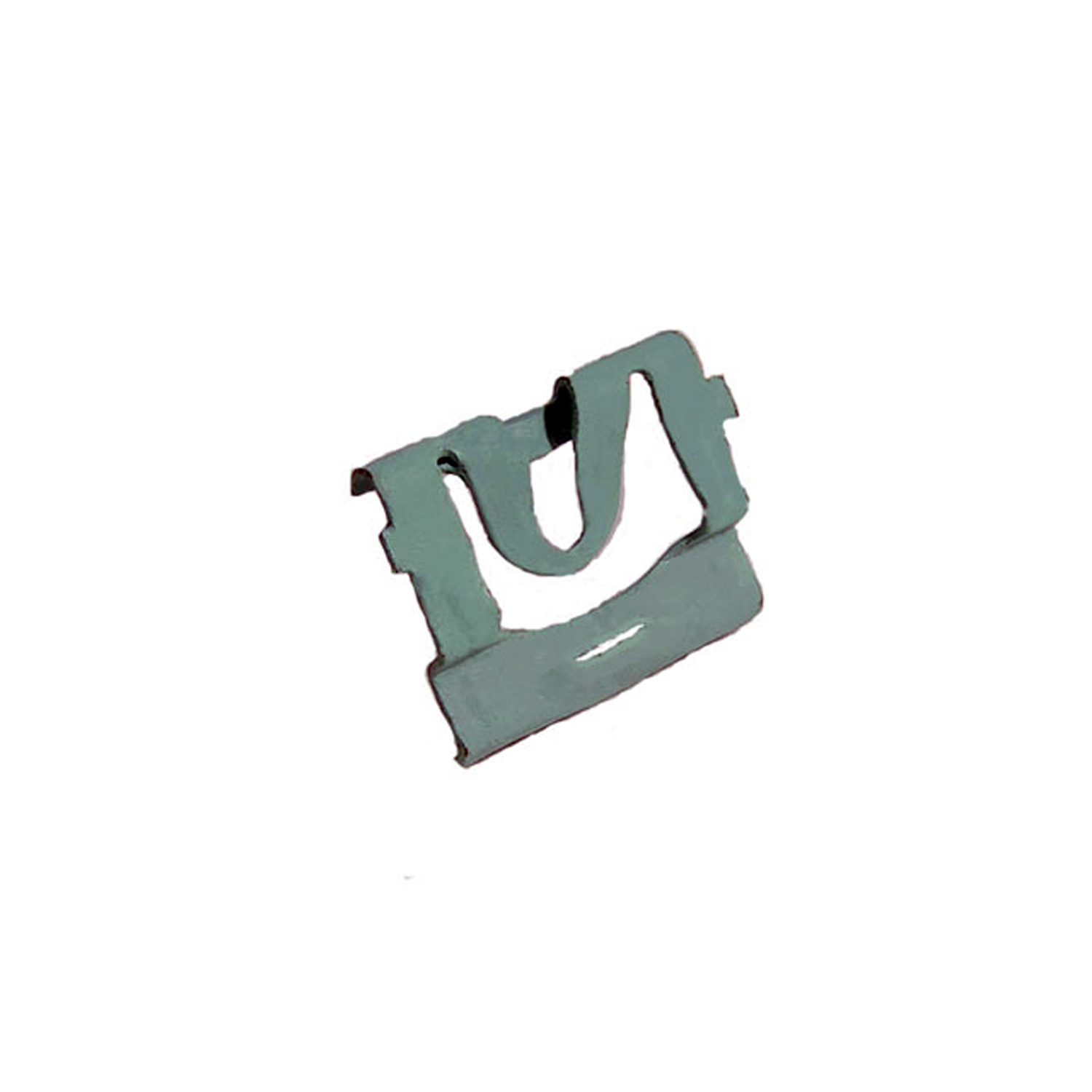 1975 Buick Apollo Windshield Reveal Molding Clip. Made of steel-WF 224Windshield Reveal Molding Clip. Made of steel. 1-1/4" X 3/4". Fits many models. Each
1975 Buick Apollo Windshield Reveal Molding Clip. Made of steel-WF 224Windshield Reveal Molding Clip. Made of steel. 1-1/4" X 3/4". Fits many models. EachWhy Choose Metro?
For over 100 years, Metro Moulded Parts has been the pinnacle of quality in classic car restoration parts. Our commitment to precision and authenticity in every component ensures a perfect fit and an OEM-level appearance.
- Expert Craftsmanship & Quality: Each part is a testament to our dedication to reliability and perfection, crafted from original designs and thoroughly tested.
- Advanced Technology: We use cutting-edge techniques to create flawless, long-lasting parts that surpass others in performance.
- SuperSoft Sponge – The Ultimate Door Seal: Not only are our door seals 30% softer than competitors', but they're also guaranteed to never leak. They effectively reduce wind and road noise, enhancing your classic car's comfort and driving experience.
- Proudly American: Our parts are a product of American craftsmanship, made in the USA with a spirit of excellence and heritage.
- Unrivaled Warranty: We back our products with a 30-year industry-leading warranty, a testament to our confidence in their quality.
Join us in preserving the legacy of classic cars with parts that are crafted for perfection, not just made.

